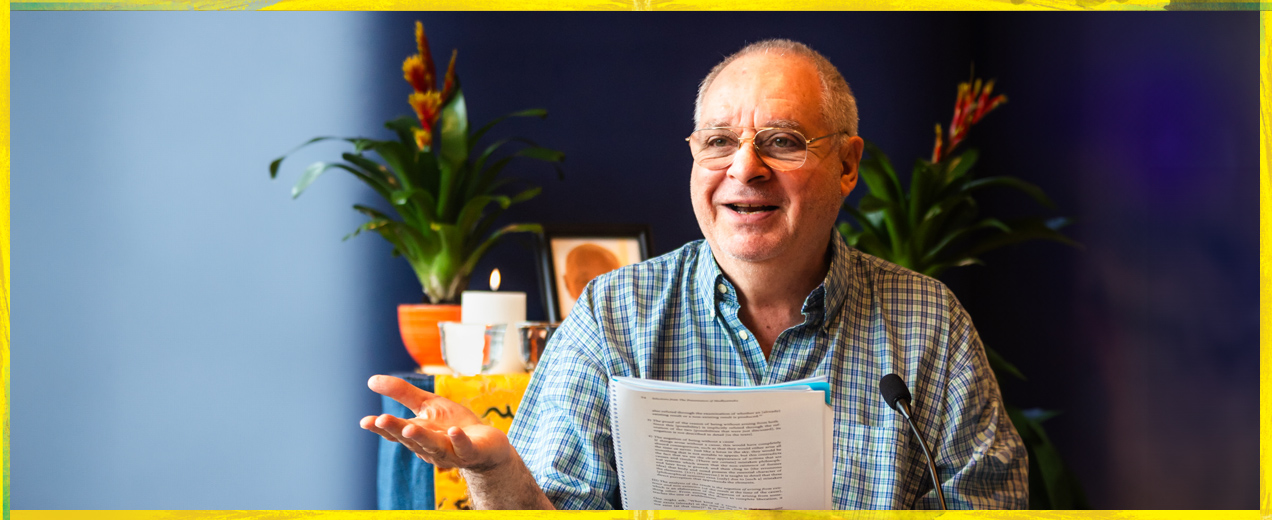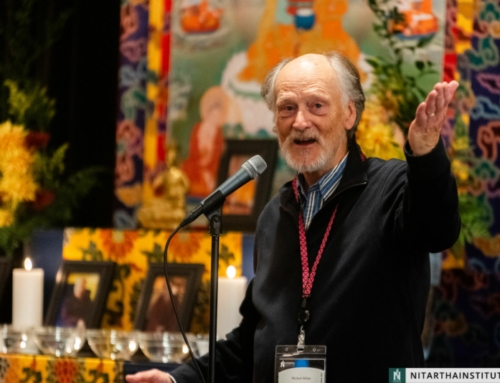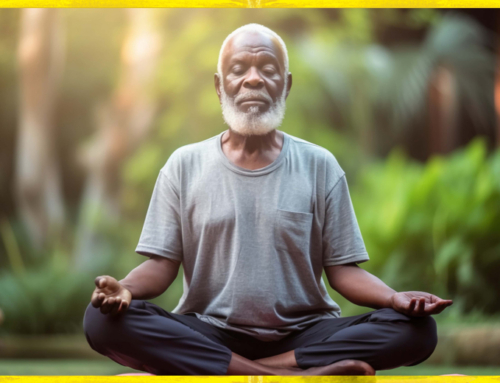Buddha Nature: The Most Powerful Antidote
Written by Israel Lifshitz
We, as 21st century Westerners, have a strong historical, religious and cultural background of low self-esteem and self-deprecation. Our ideas about sin and guilt are so deeply ingrained that even the non-religious, free thinking scientist Sigmund Freud said in Civilization and Its Discontents: “Due to our own psychic constitution we have a limited capacity for virtue and happiness, and therefore, we must feel satisfied with a moderate level of mental balance and wellbeing.”*
This is not a minor issue. It can even work as our biggest obstacle to progressing along the Buddhist path. If deep down in our minds we think that we are not worthy, that we aren’t deserving or we don’t have what it takes even when we’re involved with the wonderful teachings of the Buddha, then those thoughts will block or sabotage even the strongest of our intentions to follow in his footsteps.
The most powerful antidote we have for that difficulty is to discover our own Buddha Nature, that is, the very fact that we all have the potential to become a Buddha.
The teachings on Buddha Nature belong to the third turning of the Wheel of Dharma, which the Buddha called the teachings on the ultimate definitive meaning. The key topic presented is that this very Buddha Nature is present in all sentient beings without exception: as a potential in ordinary beings, as partially manifesting in Bodhisattvas and fully manifesting in Buddhas.
The most well-known treatise on this topic from the Indo-Tibetan tradition, which is based on the sutras from this third turning, is the Mahayana-Uttaratantrashastra by Maitreya/Asanga. Both the text itself and its many commentaries form an enormous body of teachings and meditation practices for Mahayana practitioners. Not only that, it serves the function of a bridge between sutra Mahayana and the most advanced Vajrayana meditation systems: Mahamudra and Dzogchen.
These teachings also act as the perfect antidote for pride, since nobody has ‘more’ Buddha Nature than anybody else, and so there is no room for feeling better than others. This is the basis for the profound Mahayana teaching of equalizing self and others. They are also the best support for giving rise to the great Mahayana compassion and to Bodhicitta, because whether somebody looks like a villain or a saint on the outside, they both equally have Buddha Nature within them.
The Uttaratantra also clarifies several misunderstandings by both non-Buddhists and Buddhists alike, one of which is the notion that Buddha Nature is a Buddhist name for the soul. Another is refuting the statement ‘Buddha Nature is devoid of stains but not devoid of qualities’ with the argument that it contradicts the teachings on emptiness.
In short, beyond the poignant, profound and even poetical exploration of the depths of our minds, the text also tackles some very practical and important issues for us as practitioners.
*Sigmund Freud, Civilization and its discontents, (Norton, New York 1961), page 33.
Buddha Nature is one of many Buddhist philosophy courses that will be taught during July’s Summer Institute. Join us and join Mahamudra Meditation with study. This year’s Summer Institute will be held online and in person at Lewis & Clark College in Portland, Oregon.





